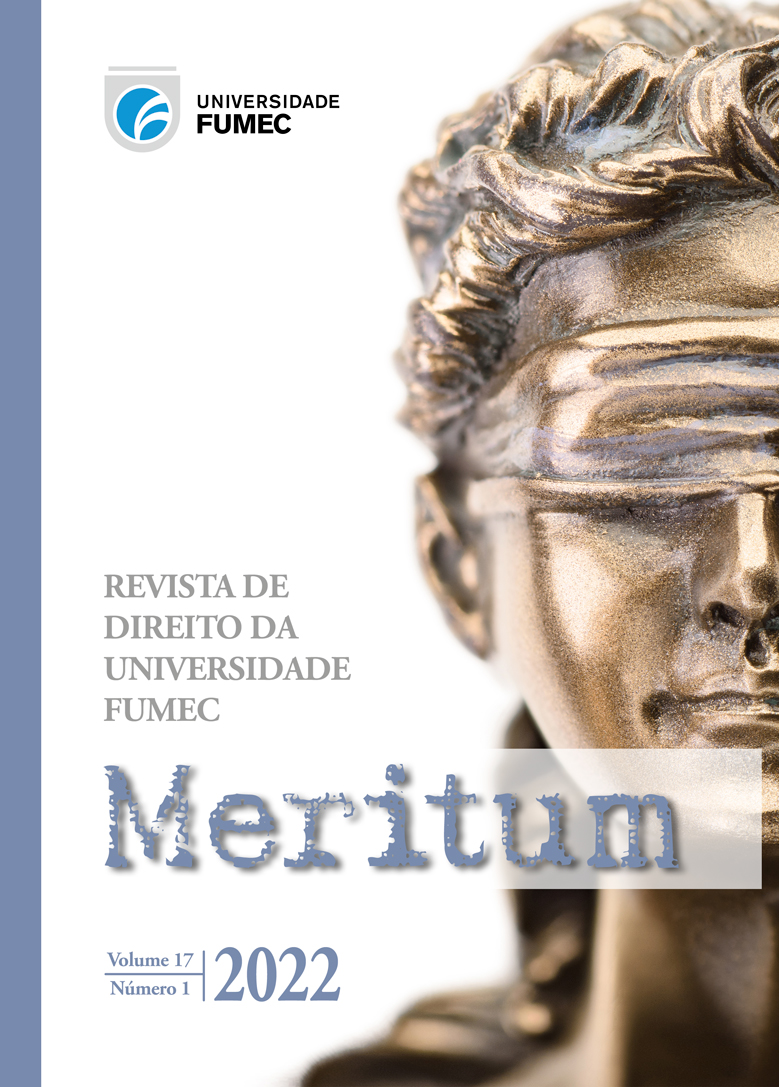THE ARGUTION OF BREACH OF FUNDAMENTAL PRECEPT 46-7, THE MAIL AND LOGISTICS COMPANIES
DOI:
https://doi.org/10.46560/meritum.v17i1.8612Abstract
This paper has the purpose of analyzing the Argument of Non-Compliance with Fundamental Precept 46-7, an action that analyzed the exercise of economic activities exclusively by the Post Office, and the implications that resulted from its judgment, including the issues that preceded it and the theses that were discussed at the trial. Nevertheless, it identifies the existence of uncertainties resulting from the judgment regarding the postal privilege. In our economic scenario, it is certain that exclusivities or monopolies are exceptional, and the rule of free competition should prevail. However, scenarios analyzed from the global point of view can lead to situations that deserve stricter regimes, such as appearing to occur with the postal service. Thus, the article intends to discuss the limits of postal exclusivity or privilege, and its implications for logistics companies, in the light of free competition and the Economic Constitution, based on the debates registered in ADPF 46. For this purpose, it was used the deductive method, with descriptive and explanatory research, observing doctrinal, jurisprudential and legal sources.
Downloads
Published
Issue
Section
License
Autores que publicam nesta revista concordam com os seguintes termos:
- Autores mantém os direitos autorais e concedem à revista o direito de primeira publicação, com o trabalho simultaneamente licenciado sob a Licença Creative Commons Attribution que permite o compartilhamento do trabalho com reconhecimento da autoria e publicação inicial nesta revista;
- Autores têm autorização para assumir contratos adicionais separadamente, para distribuição não-exclusiva da versão do trabalho publicada nesta revista (ex.: publicar em repositório institucional ou como capítulo de livro), com reconhecimento de autoria e publicação inicial nesta revista;
- Autores têm permissão e são estimulados a publicar e distribuir seu trabalho online (ex.: em repositórios institucionais ou na sua página pessoal) a qualquer ponto antes ou durante o processo editorial, já que isso pode gerar alterações produtivas, bem como aumentar o impacto e a citação do trabalho publicado (Veja O Efeito do Acesso Livre).






